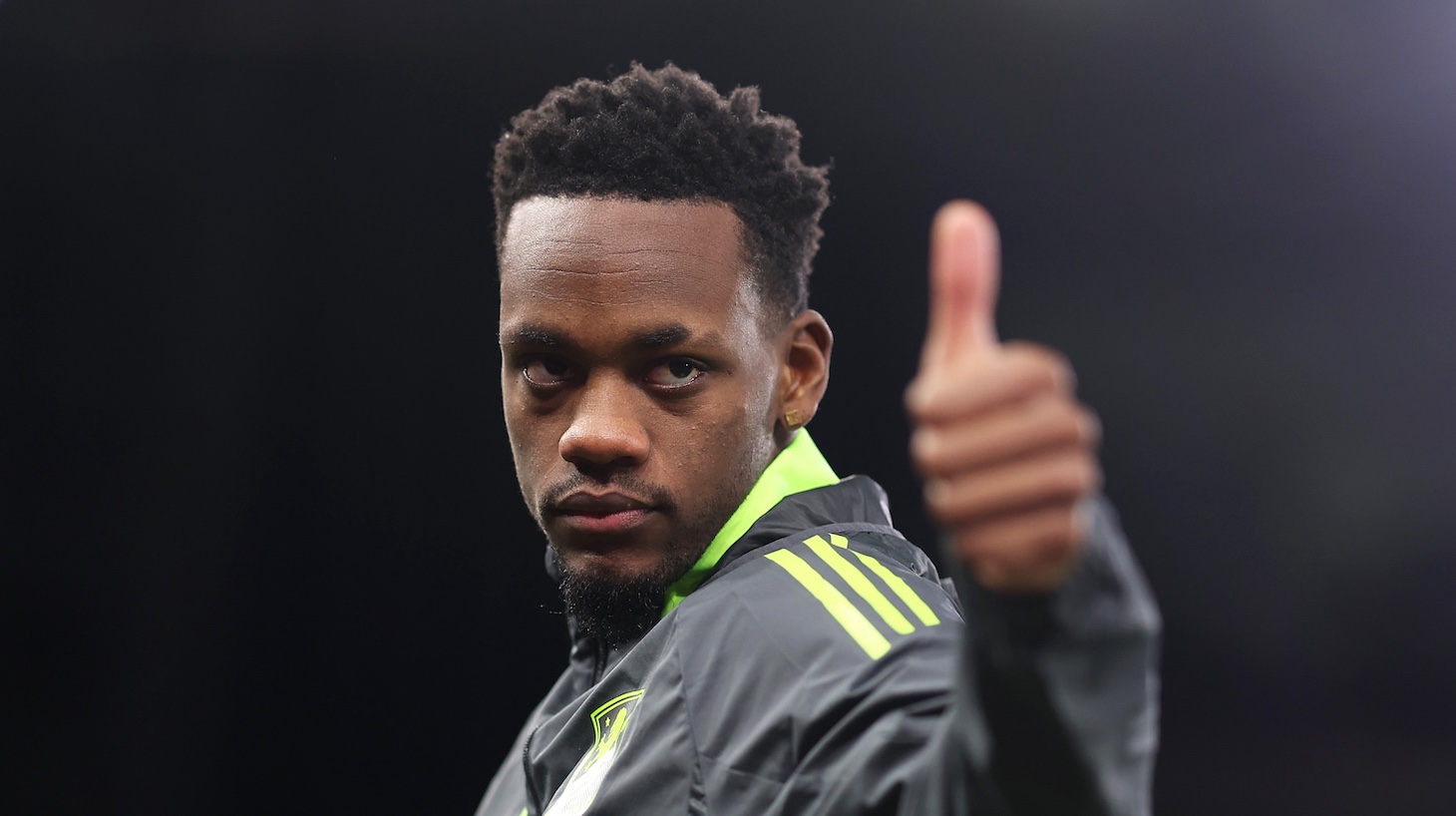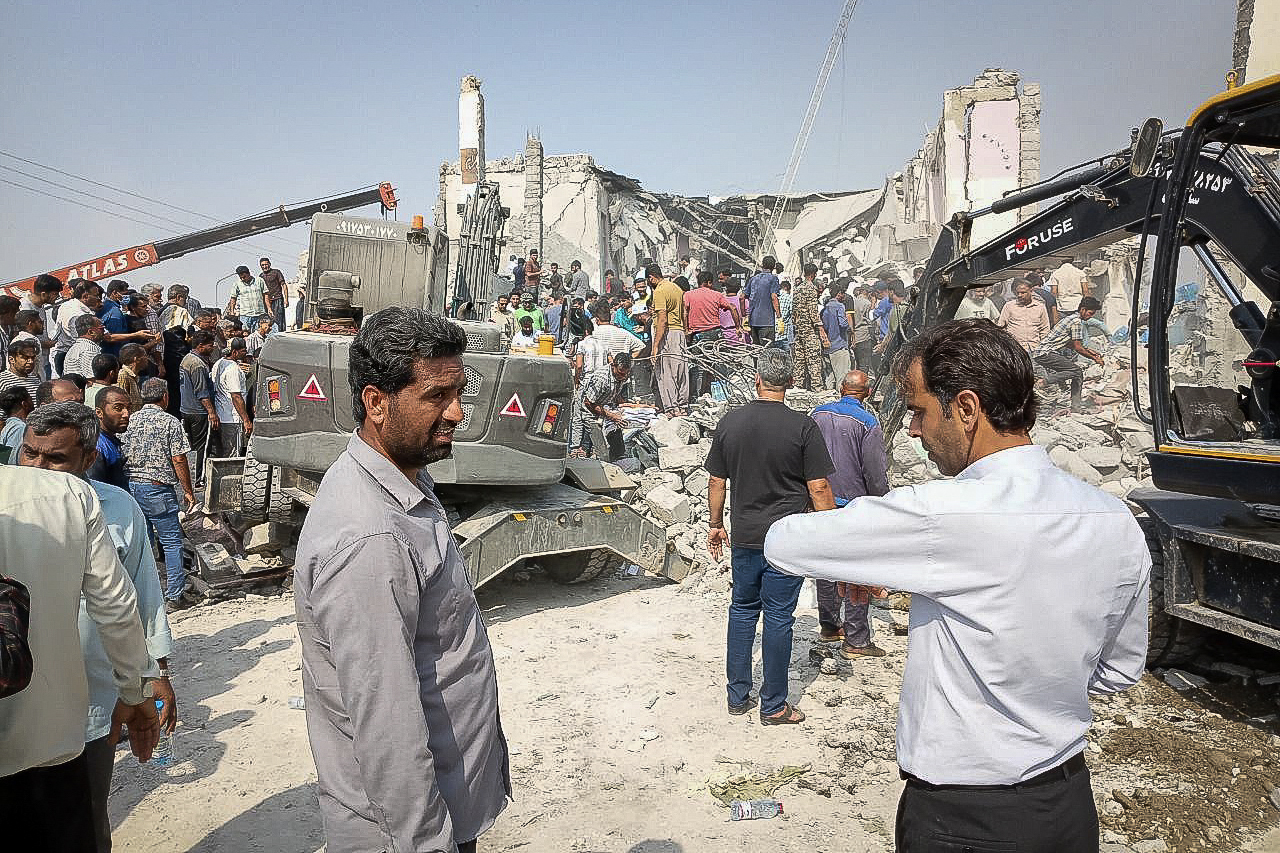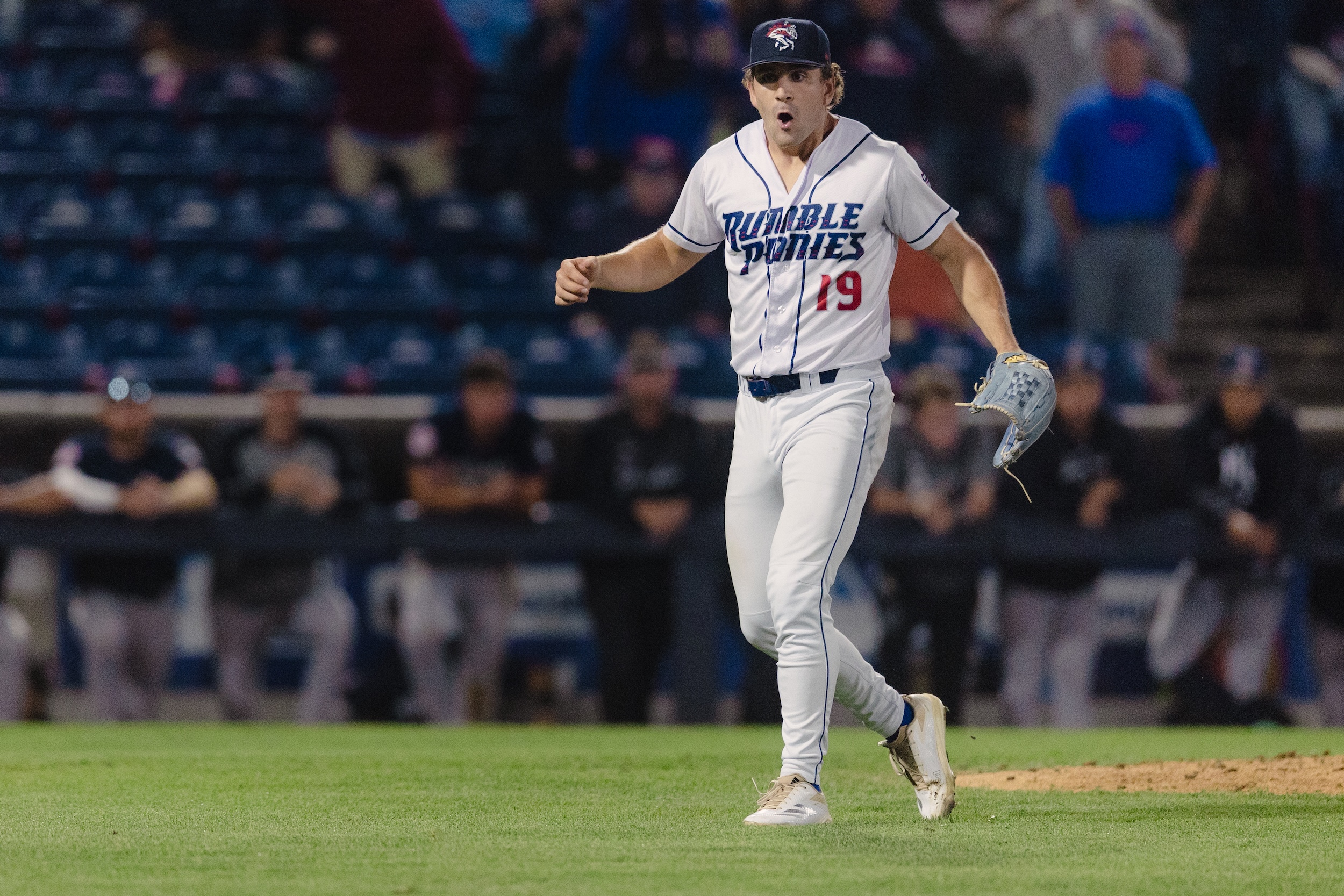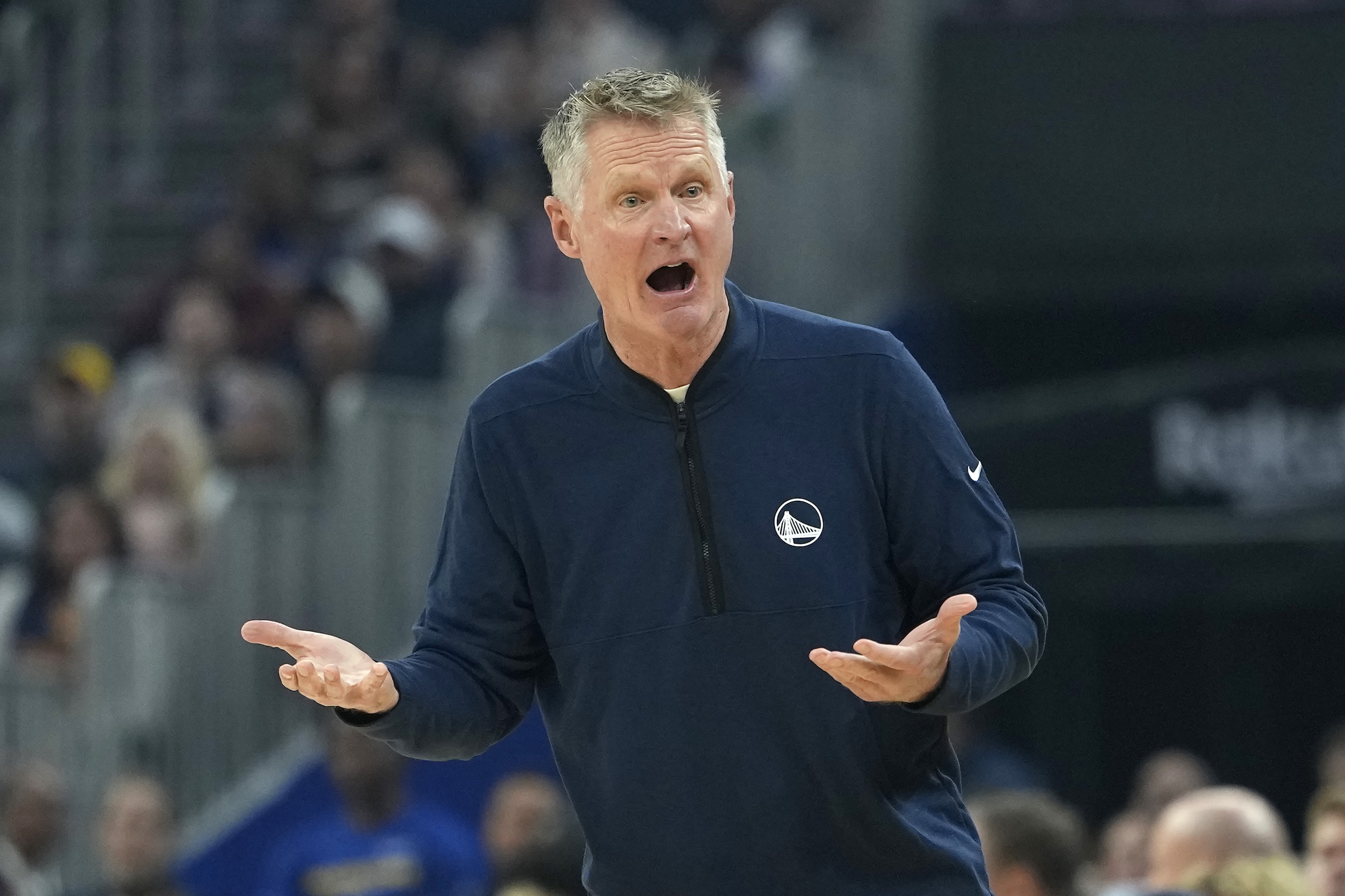Friday afternoon saw the official announcement of the latest coup Saudi Arabia has struck against the traditional soccer establishment. Jhon Durán, Aston Villa's impossibly cool backup striker, is headed to Saudi Pro League club Al-Nassr, which has acquired the Colombian's services for a reported transfer fee of €77 million. The move is just the latest escalation of an ongoing trend that has seen dozens of legitimately top-level talents eschew Europe's big leagues in favor of Saudi Arabia's big bucks. Like all those other moves, this one sucks ass.
The word "unprecedented" has already been attached to several previous transfers into the SPL, but it needs to be trotted out once again to describe the Durán move. This one's a lot like the Gabri Veiga transfer, only much, much more significant. Veiga was (and I guess still is?) a young prospect with genuine potential to one day reach the elite of the elite, but was not yet of serious interest to the top clubs as anything other than a flier. Durán, in contrast, has already gotten the big boys' tongues wagging. He's proven his scoring prowess in the best league in the world. He's played, and played well, in the Champions League. He's probably the single best U23 striker prospect in the world. West Ham and Chelsea both came close to signing him last summer, and his star has only risen since then. Aston Villa didn't hesitate to slap down the £57 million bid West Ham sent for Durán about a week ago, no doubt expecting that in a mere matter of months even bigger clubs—the likes of Chelsea, Paris Saint-Germain, and Barcelona have all reportedly been keeping a close eye on him—would come offering even bigger money. Anyone who pays attention to this stuff would've predicted that, by this time next year, Durán would have been either the face of Aston Villa's attack or the splashy new signing of one of Europe's perennial contenders. Veiga could've maybe, eventually gotten to where Durán is now, right on the doorstep of the soccer elite. And yet Durán, like Veiga, turned away.
I think I said enough last time about what the Saudi incursion says about the broader structure of soccer, so I won't subject you to a rehash of that here. The only thing I'll note there is that, while the flurry of high-profile signings has certainly cooled since those first couple transfer windows, at this point it does seem like the Saudis are committed to the bit. Anyone thinking this might turn out to be another short-lived phenomenon like the Chinese Super League should probably already be thinking otherwise.
Instead of a zoomed-out look at the state of the game, let's focus on the player himself this time. Durán is so good. I really think that the only thing standing between him and widespread acclaim as one of the best strikers in the world is playing time. Like any player, he of course has things he could improve on, and like any young player, his game of course has aspects that need ironing out in order for him to reach his full potential. But with him it's less about projecting whether or not he'll develop the skills necessary to become an elite player and more a simple matter of him revealing that he already is.
That's part of what's so depressing about Durán leaving for Saudi Arabia. Few things in sports are more rewarding that witnessing a young talent you're sure will soon explode do just that. Durán's explosion seemed practically inevitable, as was the likelihood that the resulting fireworks would regularly dazzle the sky of London or Manchester or Barcelona or even Paris depending which of the big clubs snapped him up, giving the greater part of the soccer world a literal or metaphorical front-row seat to the show. His talent is so immense already that I still think Durán will explode (worse environments have proven able to light the fuses of great players, and it can't be denied at this point that the SPL is a serious, challenging league), but it's a damn shame that most of us won't get to see it the way we otherwise would have.
And it's that inevitability of Durán's talent that brings up the part that really concerns me. Will we ever really get to see Durán at his best? As comfortable, middle-class Westerners, it would be presumptuous of us to offer any harsh criticism of Durán, who grew up in a lower-class neighborhood in Medellín, for accepting a contract that will probably keep multiple generations of his family safe from financial precarity. What's more, because his talent is so big and his career so young, it's not like this 5.5-year contract necessarily means he's consigned the entirety of his professional future to Saudi Arabia. As the optimists are always pointing out in situations like this, there's nothing preventing Durán from spending a couple years in the SPL, earning more money than he could ever waste if he tried, and then returning to Europe, to the stadiums and teams and competitions that really matter, and shining brightly once again. And surely he'll at the very least be there with the Colombia national team, enjoying in Copas América and World Cups at least some of the spotlight he's now giving up at club level. It's not the future most fans would prefer, but it's better than nothing.
But how realistic is it that Durán actually will come back to us? There's no direct precedent here to look to for guidance, but there are some analogous situations, and the image they paint isn't terribly optimistic. What Qatar has done with PSG is a little similar to what Saudi Arabia is doing with the SPL, and we've seen how intransigent PSG has been when it comes to the prospect of releasing one of the great players from their golden cage. If Durán plays as well as you'd imagine, is there any number at which Al-Nassr would feel obligated to sell him to a club not backed by an unlimited sovereign wealth fund? If Durán tries to force his way out, is there any reason to believe Al-Nassr would have to give in? If it requires Durán running out the entirety of his contract and leaving for free, isn't there a number Al-Nassr could come up with, one completely outside the bounds of what the business of soccer itself could support, to convince him to stay? Basically all of that is what happened with Kylian Mbappé and PSG, and I think there's reason to believe that Durán's potential escape from Saudi Arabia would prove even tougher than Mbappé's from France.
I mentioned above that the SPL already looks like a bigger threat to the soccer status quo than the Chinese league did during those brief couple years when it too was spending crazy money, but one player's fate in China has me most worried about Durán's. Brazilian do-it-all midfielder Oscar was off to a great start to his European career back in December of 2016, when CSL club Shanghai SIPG (now known as Shanghai Port) stunned the world by signing the 25-year-old away from Chelsea for £60 million, at the time an astonishing fee. For four-and-a-half years Oscar had been a Chelsea regular, maybe not always a surefire starter but always a key resource on the roster. The idea that he'd leave one of the biggest teams in the world, right in the thick of his prime, to go play in China absolutely beggared belief. Nevertheless, it was hard to blame him for leaving Europe for the promise of a life-changing contract of multi-generational dimension, and the thinking was that he was still young enough, and already proven enough, that the big leagues of Europe would always be waiting for him if and when he wanted to return.
Unless you, like me, were so captivated by the sad strangeness of Oscar's move that you've tried keeping tabs on him, you've probably not heard the Brazilian's name much over the intervening eight years. Oscar was every bit as good as Shanghai could've hoped, being easily the best player in the league, scoring and assisting 142 goals in 175 games. Every couple years his name would pop up in the European rumor mill, some passing mention that he might be ready to return to the stage he'd left and that some big club was potentially interested, but nothing stronger ever materialized. Three years into his original four-year contract, player and club signed a lucrative extension that was to keep him in China until December of 2024. Last month the now 33-year-old midfielder finally did leave Shanghai, citing his desire to be closer to family after so long away, and announced that he would join São Paulo, the club he'd left as a 19-year-old kid when, with a dream of glory and a better future, he signed with Chelsea.
It's hard not to see in Oscar's past a potential vision of Durán's future. And it's not only Durán. To name just a few players with the highest ceilings, Veiga, Moussa Diaby, and Ezequiel Fernández all also have the potential to reach the very top, but now have a dubious path to get there.
Soccer is a collective sport, not only in the obvious sense that it is played by two teams of 11 teammates, but also in how it is only made possible through the collective processes—the fans who care about it, the societies that cultivate it, the cultures that mark it, the social foundations that create and maintain the clubs in whose name it is played, the players who from childhood all the way to the professional level accompany and collaborate with and challenge and encourage and improve the tiny percentage of players we watch on TV every weekend along their long journeys to the top—that produce it. It's in this sense that soccer or any other sport, any other cultural practice or institution for that matter, belongs to us, a sense of ownership at least equal to the players and coaches who partake in it and certainly more so than the vultures who profit from it. It sucks that we won't get to enjoy one of the most succulent fruits of this collective labor, as Durán has instead been captured by forces that really only covet him as a trophy to their own vanity. But hey, maybe he'll be back. Here's hoping, at least.






